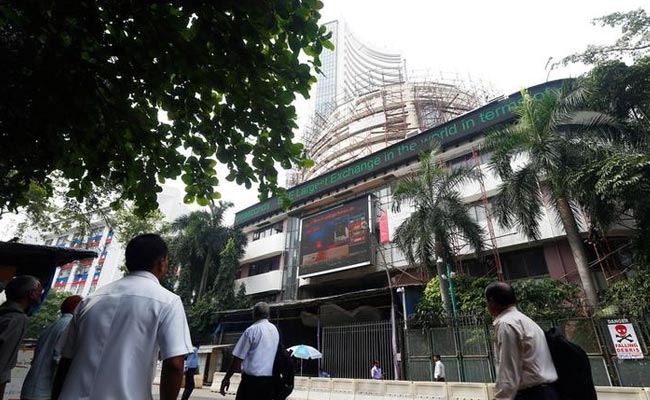LTCG Exemption Grandfathered. Five Things To Know
1. The income tax (I-T) department clarifies that the capital gains on listed equities arising up to January 31, 2018 for resident and non-resident assesses have been grandfathered. The exempted category also includes foreign institutional investors (FIIs). For details, one can refer to the clause 31 and 31 of Finance Bill, 2018.
2. The grandfathered concept implies that all the gains until January 31 will be exempt from taxation. This only means that the income tax will not be implied with retrospective effect, but with prospective effect.
3. With the new law in force, now the investors would be liable to pay 10% tax on the profits made by selling their securities/ equity mutual funds at a price which is at least Rs one lakh more than the price at which the shares were bought.
4. However, in order to keep the taxman at bay, one can't afford to sell the shares before one year lapses, since that would attract short term capital gain (STCG), which is charged at the rate of 15%, a good 5% more than the rate of long term capital gain.
5. The only remedy is to sell the shares before the share prices rise over Rs one lakh over the cost price. Only in that case, one would be exempt from paying capital gain tax, but that too if the shares are sold after a year or more.
It is clarified that Long-term Capital Gains on listed equities arising upto 31.01.2018 has been grandfathered for resident & non-resident assessees(incl. Foreign Institutional Investors). Refer clause 31 & 32 of Finance Bill, 2018 @PMOIndia@FinMinIndia@adhia03@arvindsubraman
— Income Tax India (@IncomeTaxIndia) February 2, 2018

 Budget 2018
Budget 2018















